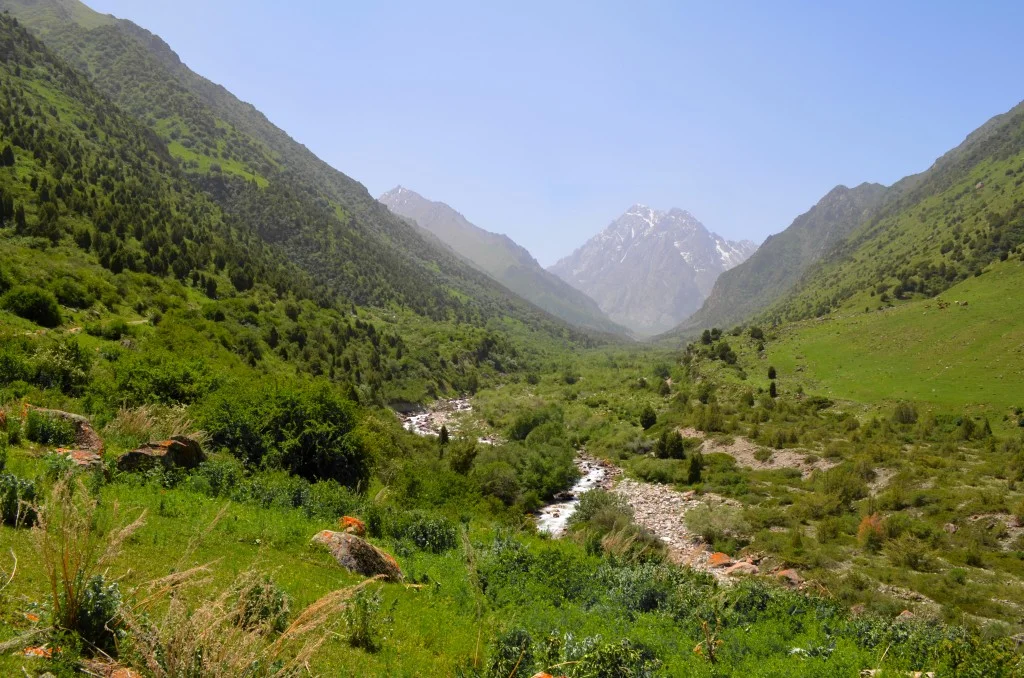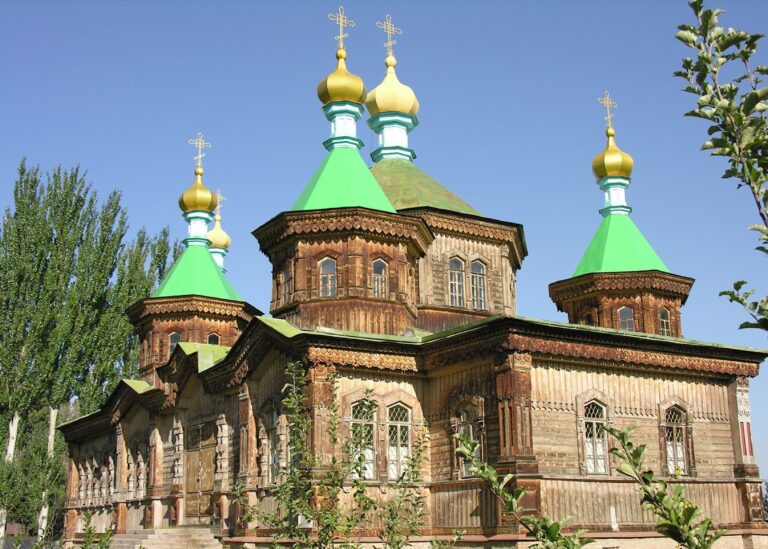Kyrgyzstan, a Central Asian nation known for its stunning mountain landscapes and nomadic heritage, is also home to a diverse religious tapestry. The country’s religious identity is deeply intertwined with its history, culture, and traditions. In this article, we’ll explore the main religion in Kyrgyzstan, how religion influences daily life, and the role of food in religious practices.
Table of Contents
ToggleWhat is the Main Religion in Kyrgyzstan?
The main religion in Kyrgyzstan is Islam, specifically Sunni Islam, which is practiced by approximately 90% of the population. Islam was introduced to the region during the 8th century through trade and cultural exchanges along the Silk Road. Today, it plays a central role in shaping the country’s cultural and social norms.
While Islam is the dominant faith, Kyrgyzstan is a secular state that guarantees freedom of religion. Other religions, such as Russian Orthodoxy, Christianity, and smaller communities of Buddhists and Jews, also coexist peacefully.
How Does Religion Influence Kyrgyz Culture?

Religion in Kyrgyzstan is not just a spiritual practice but a way of life. It influences art, music, festivals, and even daily routines. For example, Islamic holidays like Eid al-Fitr and Eid al-Adha are widely celebrated, bringing communities together for prayers, feasts, and charitable acts.
The Kyrgyz people’s nomadic heritage also blends seamlessly with their religious practices. Traditional customs, such as respecting elders and showing hospitality, are deeply rooted in both Islamic teachings and Kyrgyz culture.
How Do Kyrgyzstan Religions Use Food?
Food plays a significant role in religious practices in Kyrgyzstan. Here’s how:
- Halal Food: As a predominantly Muslim country, Kyrgyzstan adheres to Islamic dietary laws. Halal food, which is prepared according to Islamic guidelines, is widely available and consumed.
- Religious Festivals: During Islamic holidays, families prepare special dishes like plov (rice pilaf), beshbarmak (a meat and noodle dish), and samsa (meat-filled pastries) to share with loved ones and the less fortunate.
- Hospitality: Offering food to guests is a sacred tradition in Kyrgyz culture, reflecting the Islamic value of generosity.
Religious Demographics of Kyrgyzstan
Below is a table showcasing the religious breakdown of Kyrgyzstan:
| Religion | Percentage of Population | Key Characteristics |
|---|---|---|
| Islam | 90% | Predominantly Sunni Islam |
| Christianity | 7% | Mostly Russian Orthodoxy |
| Other Religions | 3% | Includes Buddhism, Judaism, and other faiths |
Conclusion

Religion in Kyrgyzstan is a fascinating blend of Islamic traditions and nomadic heritage. While Islam is the dominant faith, the country’s secular nature allows for religious diversity and harmony. From the role of food in religious practices to the celebration of Islamic festivals, religion is deeply embedded in the fabric of Kyrgyz society.
By understanding the religious landscape of Kyrgyzstan, we gain insight into the values, traditions, and cultural richness that define this Central Asian nation.










